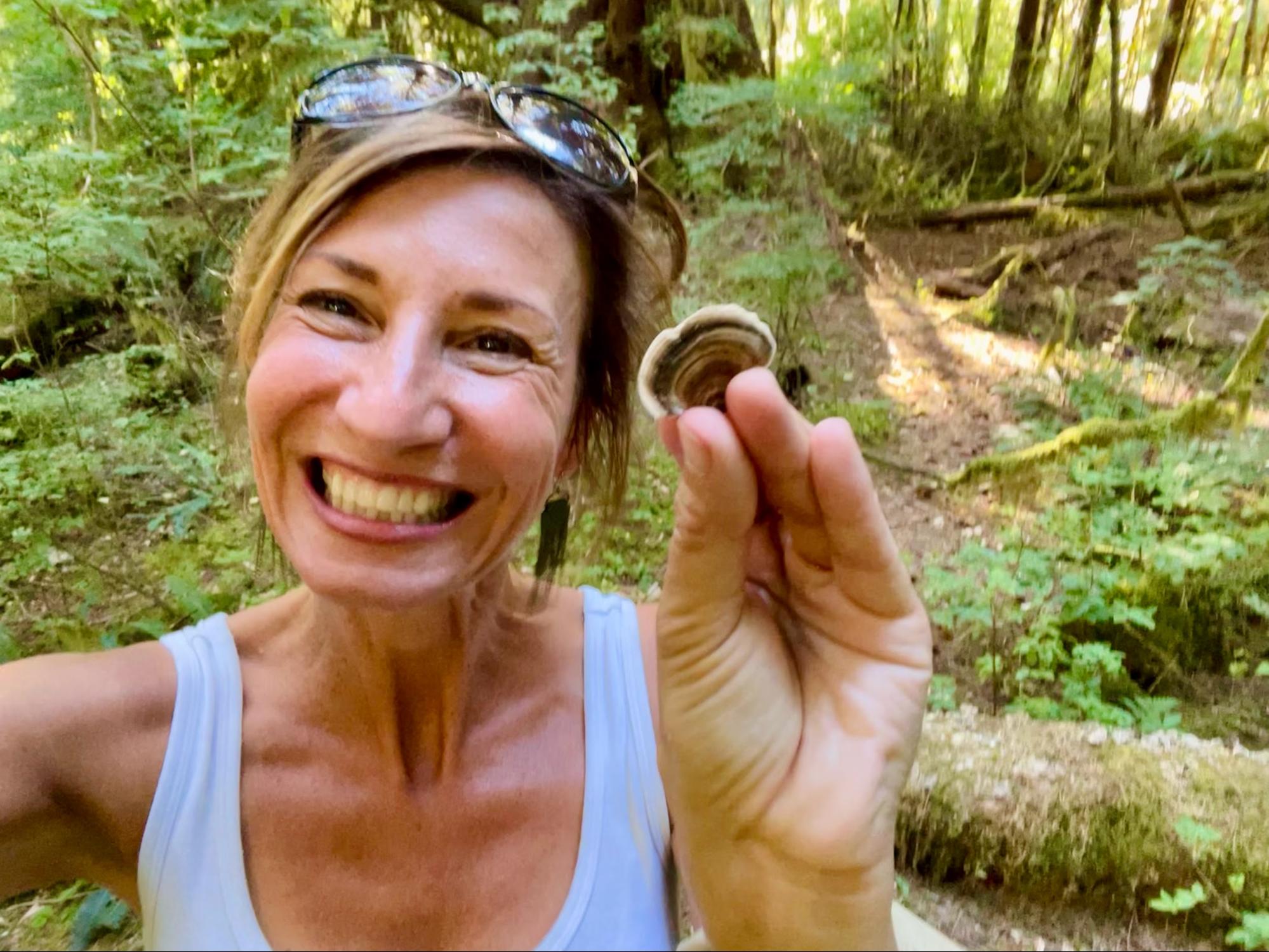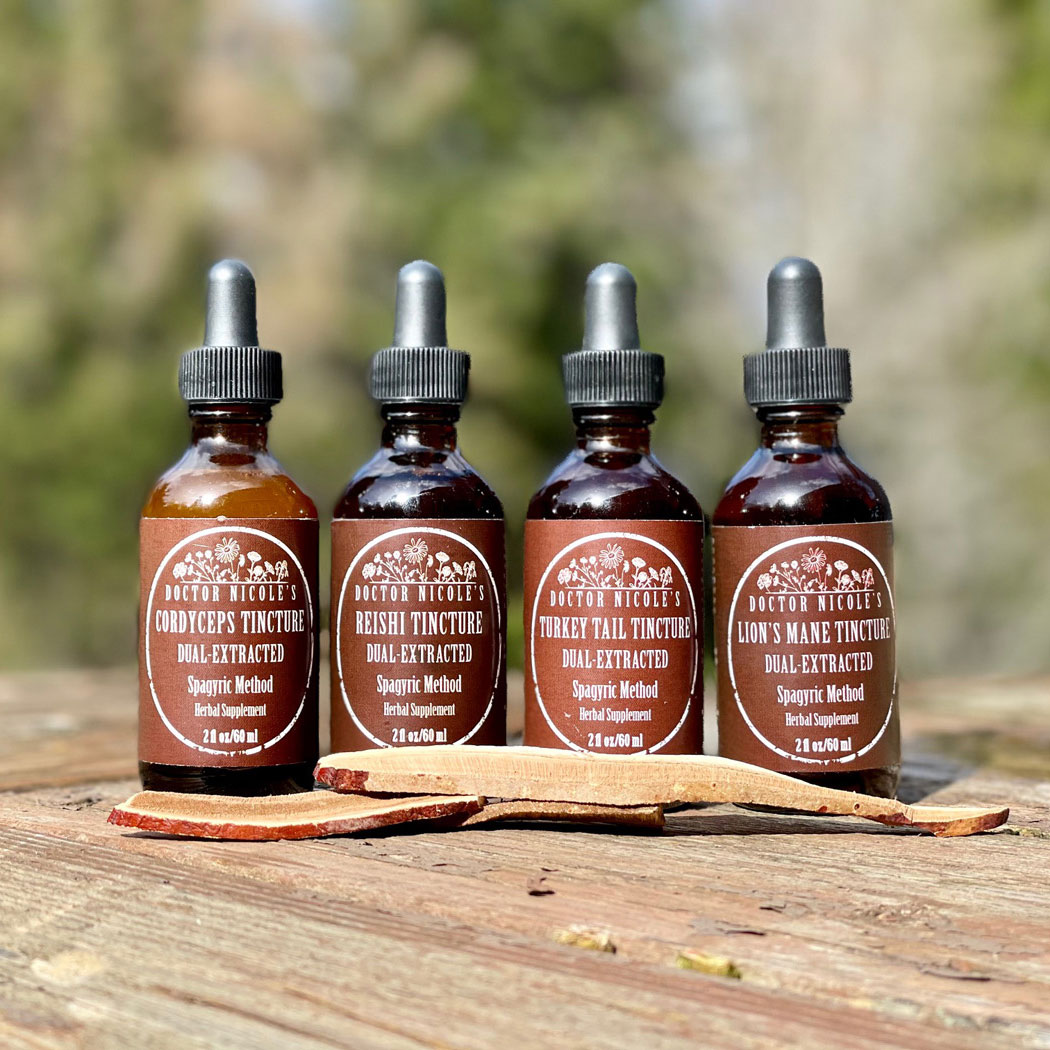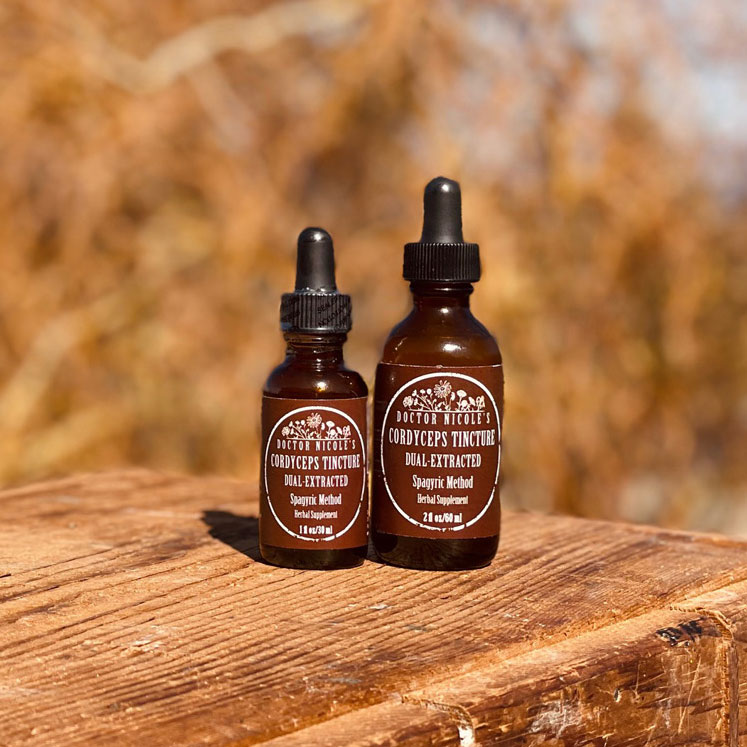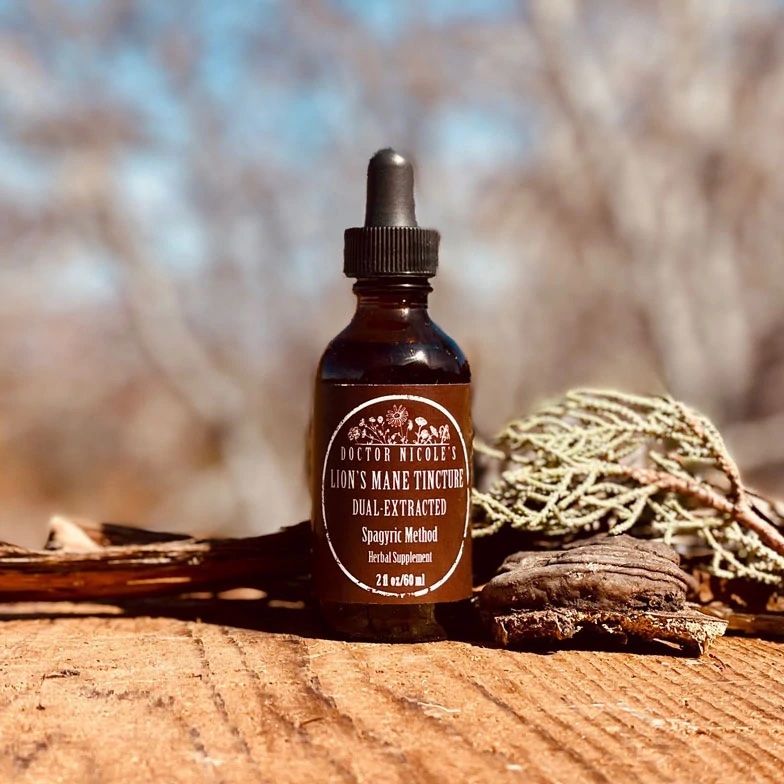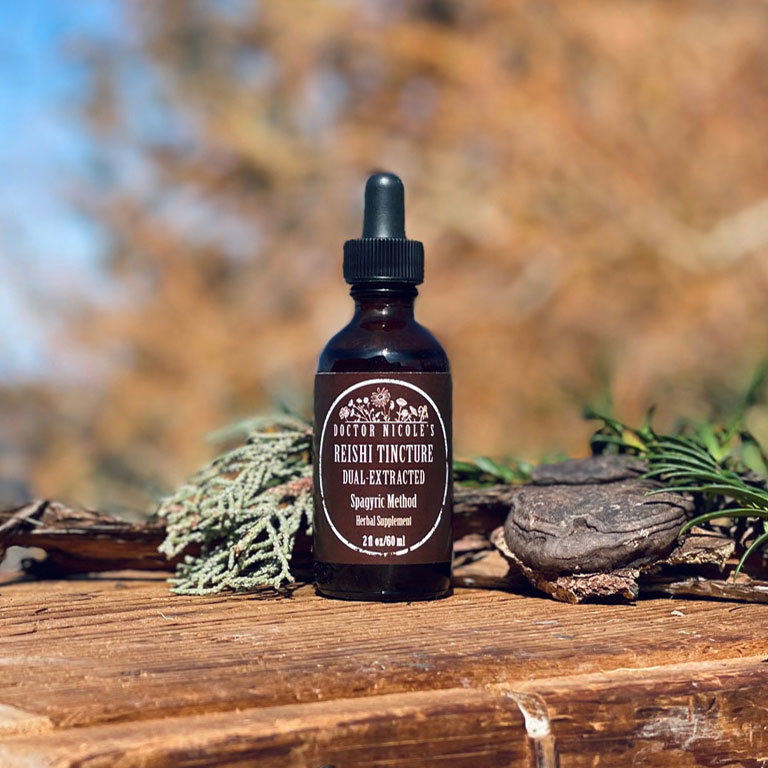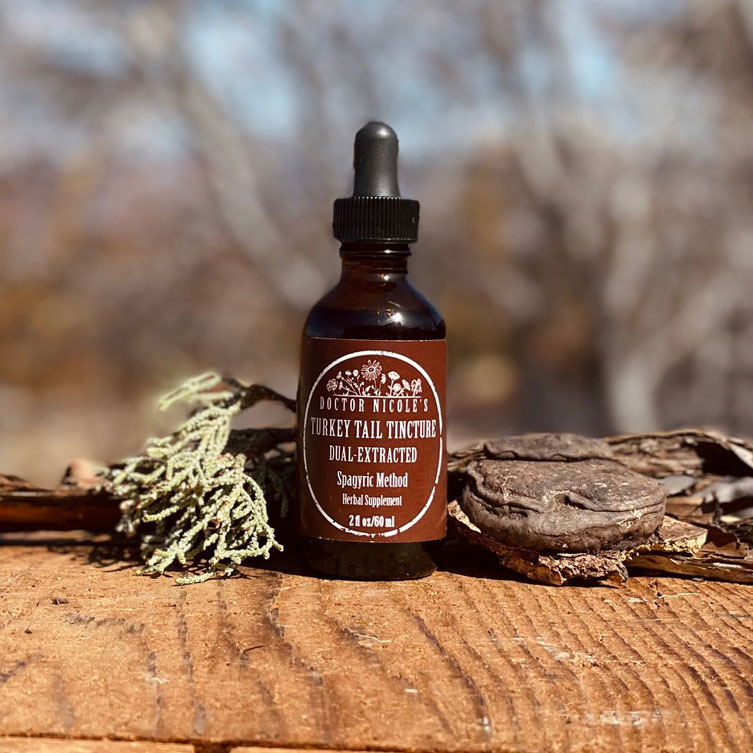Health Fact or Fiction?
Although dairy has long been linked to increased inflammation in health and wellness circles, researchers are now finding that this is not the case. In fact, it may have beneficial effects that help to reduce inflammation, especially when combined with polyphenols found in plant-based foods. Surprised? I was too as this goes against years of health advice about inflammation. Let’s dig deeper into the studies and see specifically what they found. We will also explore additional compounds that are known to be effective for cooling the inflammatory response.
The Unexpected Role of Polyphenols and Dairy in Inflammation Control
Helping to reduce inflammation by tackling oxidative stress, polyphenols have been shown to improve gut health and lower your risk of chronic illness, such as certain forms of cancer and cardiovascular disease. Foods rich in these beneficial compounds include red wine, green tea, coffee, strawberries, blueberries, pomegranate, apples, extra-virgin olive oil, almonds, and walnuts. Interestingly, Blue Zone populations are known to eat an abundance of polyphenols from plant-based foods, which is directly correlated with their robust health and longevity.
While research on polyphenols is limited, a fascinating new study has discovered that when these beneficial compounds are paired with milk, they are much more effective at reducing inflammation as opposed to if the polyphenols were consumed solo.
Published in the Journal of Agricultural and Food Chemistry, researchers at the University of Copenhagen in Denmark set out to examine the effect of pairing polyphenols with proteins in foods.1 In the study they established that the molecules of polyphenol-rich coffee and the protein in milk did bind together. The team then explored the impact this combination had on immune cells, which are responsible for the inflammatory response. Incredibly, it was “twice as effective at fighting inflammation compared to polyphenols alone.”2
Marianne Nissen Lund, MSc, a researcher involved in the study, notes “[w]hen polyphenols are combined with amino acids, it is natural to believe that their properties change. … Since humans do not absorb that much polyphenol, scientists are trying to figure out how to combine polyphenols with proteins to boost their absorption in the body. This method has the added benefit of improving the anti-inflammatory effects of polyphenols.”2
She adds, “I can imagine that something similar happens in, for example, a meat dish with vegetables or a smoothie, if you make sure to add some protein like milk or yogurt.”3
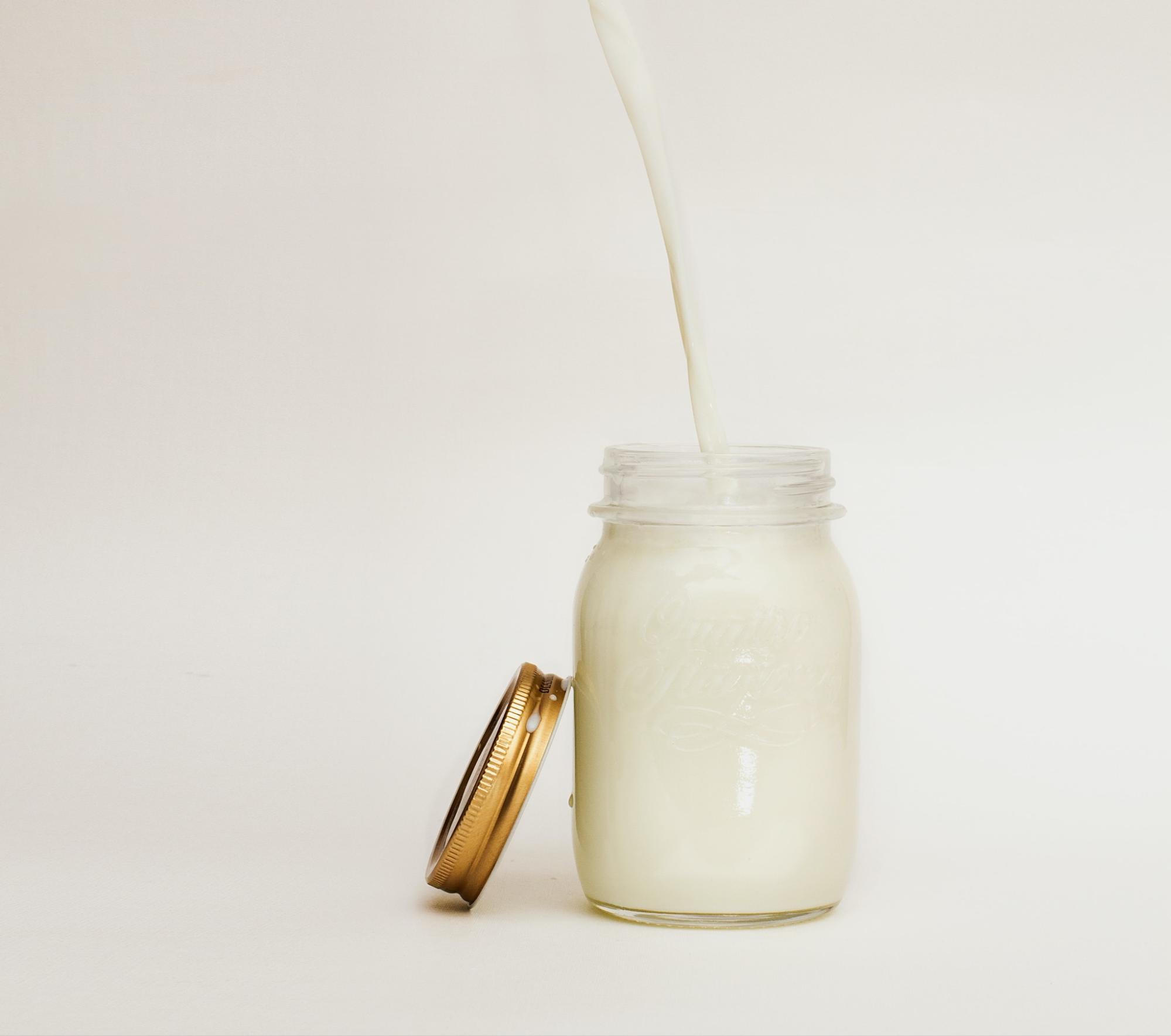
But isn’t dairy itself inflammatory? Apparently not, according to several recent studies.
A systematic review published in Advances in Nutrition states, “Labonté et al. concluded that, despite the high content of SFAs in dairy foods, dairy consumption did not exert adverse effects on biomarkers of inflammation in overweight or obese adults. In addition, Bordoni et al. reported that dairy products, mainly fermented products, might have anti-inflammatory properties and that such an effect is enhanced in subjects with metabolic abnormalities.”4
Additionally, another systematic review of 52 clinical trials investigating the relation of dairy products and inflammation notes, “…our review suggests that dairy products, in particular fermented products, have anti-inflammatory properties in humans not suffering from allergy to milk, in particular in subjects with metabolic disorders.”5 And a review published in the Journal of the American College of Nutrition examined 27 randomized controlled trials, concluded: “The available literature suggests that dairy products and dairy proteins have neutral to beneficial effects on biomarkers of inflammation.”6
Plant-Based Inflammation Control
Keep in mind these studies looked at participants who did not have a severe inflammatory disorder nor did they examine the impact of dairy on those with an autoimmune condition. Some people simply cannot tolerate dairy. If this is the case for you, it is best to avoid it regardless of the potential anti-inflammatory benefits. Instead, we can focus on combining a polyphenol-rich diet with other forms of protein. Moreover, plant extracts are exceptionally helpful for taming inflammation without the drawbacks of a dairy sensitivity.
Personally, I have found medicinal mushrooms to be outstanding for addressing inflammation, multiple sclerosis/autoimmunity, and other chronic health conditions. Four specific mushrooms — lion’s mane, reishi, turkey tail, and cordyceps — are particularly impressive. As a matter of fact, these are the very extracts that got me out of my wheelchair and stopped the MS from progressing. They are that powerful. Here’s why.
Lion’s mane — An unmistakable shaggy white medicinal mushroom, lion’s mane has been used for centuries to treat a wide variety of health disorders. Rich in bioactive compounds, this mushroom is anti-inflammatory and high in antioxidants.7,8,9 What’s more, lion’s mane boosts the immune system, manages symptoms of diabetes, reduces heart disease risk, fights cancer, and protects against cognitive disorders by stimulating the growth of brain cells.10-14
Reishi — Similar to lion’s mane, this mushroom is also anti-inflammatory, antioxidant, and anti-cancer.15,16 Additionally, it reduces fatigue and depression, promotes healthy blood sugar levels, and supports cardiovascular health.17,18,19
Turkey tail — With striking variegated colors, turkey tail is a beautiful mushroom brimming with health benefits. Containing an impressive range of antioxidants, including flavonoids such as quercetin and baicalein, it supports a healthy immune system by suppressing inflammation and promoting the release of protective compounds.20
Cordyceps — Another medicinal mushroom with outstanding antioxidant properties, cordyceps subdues the proteins that increase inflammation.21 It also fights lung, colon, skin and liver cancers; manages type 2 diabetes; encourages heart health; and boosts athletic performance.22-27
It is important to use only dual-extracted, fruiting body extracts for full potency and effectiveness — like those found in my Mushroom FOURtress Bundle. To learn more about why our tinctures are the gold standard of herbal extracts, visit the apothecary today!
Nicole Apelian
Nicole’s Apothecary Products in this Post
References
- J. Agric. Food Chem. 2023, 71, 5, 2344–2355. Publication Date:January 30, 2023. https://doi.org/10.1021/acs.jafc.2c06658
- “Here’s Why Coffee With Milk May Help Fight Inflammation” Kaitlin Vogel. Fact checked by Maria Gifford. Healthline, January 30, 2023. https://www.healthline.com/health-news/heres-why-coffee-with-milk-may-help-fight-inflammation
- University of Copenhagen – Faculty of Science. (2023, January 30). Coffee with milk may have an anti-inflammatory effect. ScienceDaily. Retrieved May 21, 2023 from www.sciencedaily.com/releases/2023/01/230130090347.htm
- Ulven, S. M., Holven, K. B., Gil, A., & Rangel-Huerta, O. D. (2019). Milk and Dairy Product Consumption and Inflammatory Biomarkers: An Updated Systematic Review of Randomized Clinical Trials. Advances in nutrition (Bethesda, Md.), 10(suppl_2), S239–S250. https://doi.org/10.1093/advances/nmy072
- Bordoni, A., Danesi, F., Dardevet, D., Dupont, D., Fernandez, A. S., Gille, D., Nunes Dos Santos, C., Pinto, P., Re, R., Rémond, D., Shahar, D. R., & Vergères, G. (2017). Dairy products and inflammation: A review of the clinical evidence. Critical reviews in food science and nutrition, 57(12), 2497–2525. https://doi.org/10.1080/10408398.2014.967385
- Nieman, K. M., Anderson, B. D., & Cifelli, C. J. (2021). The Effects of Dairy Product and Dairy Protein Intake on Inflammation: A Systematic Review of the Literature. Journal of the American College of Nutrition, 40(6), 571–582. https://doi.org/10.1080/07315724.2020.1800532
- Hou, Y., Ding, X., & Hou, W. (2015). Composition and antioxidant activity of water-soluble oligosaccharides from Hericium erinaceus. Molecular medicine reports, 11(5), 3794–3799. https://doi.org/10.3892/mmr.2014.3121
- Qin, M., Geng, Y., Lu, Z., Xu, H., Shi, J. S., Xu, X., & Xu, Z. H. (2016). Anti-Inflammatory Effects of Ethanol Extract of Lion’s Mane Medicinal Mushroom, Hericium erinaceus (Agaricomycetes), in Mice with Ulcerative Colitis. International journal of medicinal mushrooms, 18(3), 227–234. https://doi.org/10.1615/IntJMedMushrooms.v18.i3.50
- Hao, L., Xie, Y., Wu, G., Cheng, A., Liu, X., Zheng, R., Huo, H., & Zhang, J. (2015). Protective Effect of Hericium erinaceus on Alcohol Induced Hepatotoxicity in Mice. Evidence-based complementary and alternative medicine : eCAM, 2015, 418023. https://doi.org/10.1155/2015/418023
- Sheng, X., Yan, J., Meng, Y., Kang, Y., Han, Z., Tai, G., Zhou, Y., & Cheng, H. (2017). Immunomodulatory effects of Hericium erinaceus derived polysaccharides are mediated by intestinal immunology. Food & function, 8(3), 1020–1027. https://doi.org/10.1039/c7fo00071e
- Lee, S. R., Jung, K., Noh, H. J., Park, Y. J., Lee, H. L., Lee, K. R., Kang, K. S., & Kim, K. H. (2015). A new cerebroside from the fruiting bodies of Hericium erinaceus and its applicability to cancer treatment. Bioorganic & medicinal chemistry letters, 25(24), 5712–5715. https://doi.org/10.1016/j.bmcl.2015.10.092
- Zhang, C., Li, J., Hu, C., Wang, J., Zhang, J., Ren, Z., Song, X., & Jia, L. (2017). Antihyperglycaemic and organic protective effects on pancreas, liver and kidney by polysaccharides from Hericium erinaceus SG-02 in streptozotocin-induced diabetic mice. Scientific reports, 7(1), 10847. https://doi.org/10.1038/s41598-017-11457-w
- Albadawi, D. A. I., Ravishankar, D., Vallance, T. M., Patel, K., Osborn, H. M. I., & Vaiyapuri, S. (2022). Impacts of Commonly Used Edible Plants on the Modulation of Platelet Function. International journal of molecular sciences, 23(2), 605. https://doi.org/10.3390/ijms23020605
- Kushairi, N., Phan, C. W., Sabaratnam, V., David, P., & Naidu, M. (2019). Lion’s Mane Mushroom, Hericium erinaceus (Bull.: Fr.) Pers. Suppresses H2O2-Induced Oxidative Damage and LPS-Induced Inflammation in HT22 Hippocampal Neurons and BV2 Microglia. Antioxidants (Basel, Switzerland), 8(8), 261. https://doi.org/10.3390/antiox8080261
- Wachtel-Galor, S., Tomlinson, B., & Benzie, I. F. (2004). Ganoderma lucidum (“Lingzhi”), a Chinese medicinal mushroom: biomarker responses in a controlled human supplementation study. The British journal of nutrition, 91(2), 263–269. https://doi.org/10.1079/BJN20041039
- Zhao, X., Zhou, D., Liu, Y., Li, C., Zhao, X., Li, Y., & Li, W. (2018). Ganoderma lucidum polysaccharide inhibits prostate cancer cell migration via the protein arginine methyltransferase 6 signaling pathway. Molecular medicine reports, 17(1), 147–157. https://doi.org/10.3892/mmr.2017.7904
- Tang, W., Gao, Y., Chen, G., Gao, H., Dai, X., Ye, J., Chan, E., Huang, M., & Zhou, S. (2005). A randomized, double-blind and placebo-controlled study of a Ganoderma lucidum polysaccharide extract in neurasthenia. Journal of medicinal food, 8(1), 53–58. https://doi.org/10.1089/jmf.2005.8.53
- Pan, R., Lou, J., & Wei, L. (2021). Significant effects of Ganoderma lucidum polysaccharide on lipid metabolism in diabetes may be associated with the activation of the FAM3C-HSF1-CAM signaling pathway. Experimental and therapeutic medicine, 22(2), 820. https://doi.org/10.3892/etm.2021.10252
- Chan, S. W., Tomlinson, B., Chan, P., & Lam, C. W. K. (2021). The beneficial effects of Ganoderma lucidum on cardiovascular and metabolic disease risk. Pharmaceutical biology, 59(1), 1161–1171. https://doi.org/10.1080/13880209.2021.1969413
- Janjušević, L., Karaman, M., Šibul, F., Tommonaro, G., Iodice, C., Jakovljević, D., & Pejin, B. (2017). The lignicolous fungus Trametes versicolor (L.) Lloyd (1920): a promising natural source of antiradical and AChE inhibitory agents. Journal of enzyme inhibition and medicinal chemistry, 32(1), 355–362. https://doi.org/10.1080/14756366.2016.1252759
- Weng, S. C., Chou, C. J., Lin, L. C., Tsai, W. J., & Kuo, Y. C. (2002). Immunomodulatory functions of extracts from the Chinese medicinal fungus Cordyceps cicadae. Journal of ethnopharmacology, 83(1-2), 79–85. https://doi.org/10.1016/s0378-8741(02)00212-x
- Bizarro, A., Ferreira, I. C., Soković, M., van Griensven, L. J., Sousa, D., Vasconcelos, M. H., & Lima, R. T. (2015). Cordyceps militaris (L.) Link Fruiting Body Reduces the Growth of a Non-Small Cell Lung Cancer Cell Line by Increasing Cellular Levels of p53 and p21. Molecules (Basel, Switzerland), 20(8), 13927–13940. https://doi.org/10.3390/molecules200813927
- Lee, H. H., Lee, S., Lee, K., Shin, Y. S., Kang, H., & Cho, H. (2015). Anti-cancer effect of Cordyceps militaris in human colorectal carcinoma RKO cells via cell cycle arrest and mitochondrial apoptosis. Daru : journal of Faculty of Pharmacy, Tehran University of Medical Sciences, 23(1), 35. https://doi.org/10.1186/s40199-015-0117-6
- Lee, H. H., Lee, S., Lee, K., Shin, Y. S., Kang, H., & Cho, H. (2015). Anti-cancer effect of Cordyceps militaris in human colorectal carcinoma RKO cells via cell cycle arrest and mitochondrial apoptosis. Daru : journal of Faculty of Pharmacy, Tehran University of Medical Sciences, 23(1), 35. https://doi.org/10.1186/s40199-015-0117-6
- Lee, S., Lee, H. H., Kim, J., Jung, J., Moon, A., Jeong, C. S., Kang, H., & Cho, H. (2015). Anti-tumor effect of Cordyceps militaris in HCV-infected human hepatocarcinoma 7.5 cells. Journal of microbiology (Seoul, Korea), 53(7), 468–474. https://doi.org/10.1007/s12275-015-5198-x
- Liu, C., Song, J., Teng, M., Zheng, X., Li, X., Tian, Y., Pan, M., Li, Y., Lee, R. J., & Wang, D. (2016). Antidiabetic and Antinephritic Activities of Aqueous Extract of Cordyceps militaris Fruit Body in Diet-Streptozotocin-Induced Diabetic Sprague Dawley Rats. Oxidative medicine and cellular longevity, 2016, 9685257. https://doi.org/10.1155/2016/9685257
- Yan, X. F., Zhang, Z. M., Yao, H. Y., Guan, Y., Zhu, J. P., Zhang, L. H., Jia, Y. L., & Wang, R. W. (2013). Cardiovascular protection and antioxidant activity of the extracts from the mycelia of Cordyceps sinensis act partially via adenosine receptors. Phytotherapy research : PTR, 27(11), 1597–1604. https://doi.org/10.1002/ptr.4899


